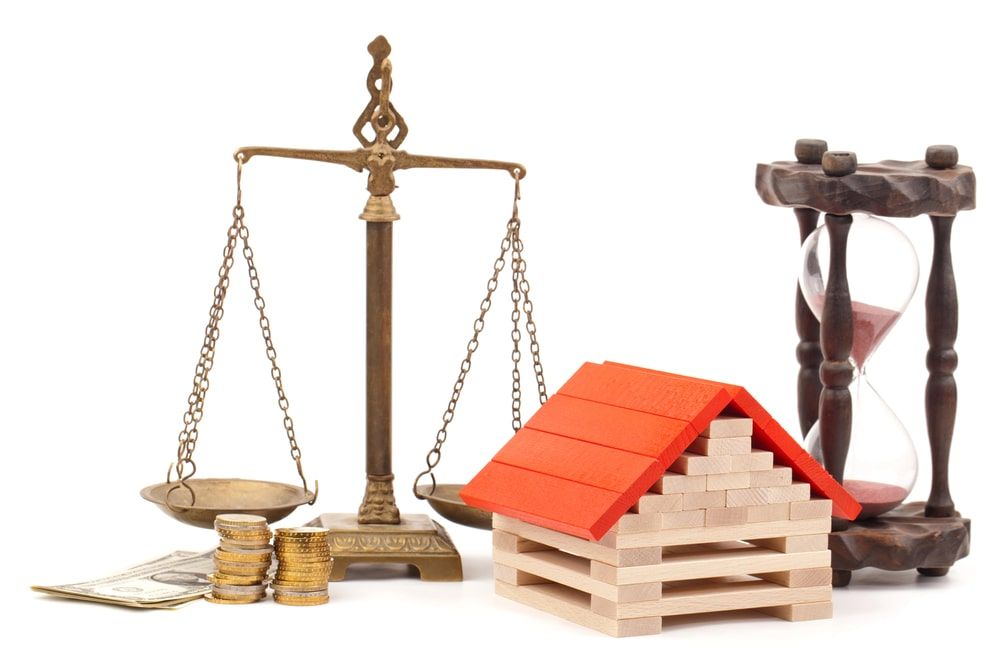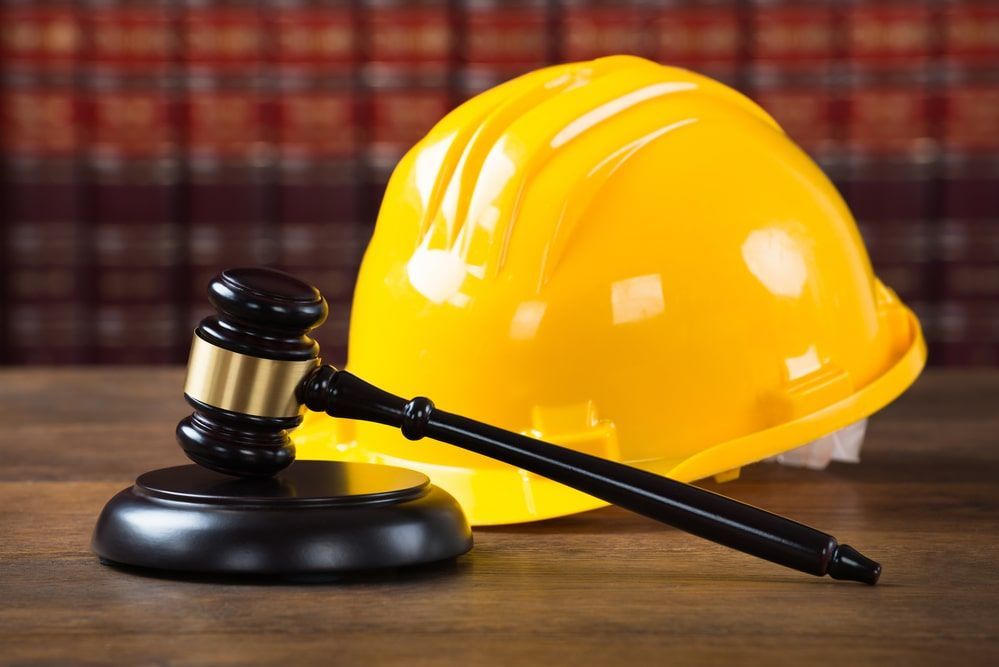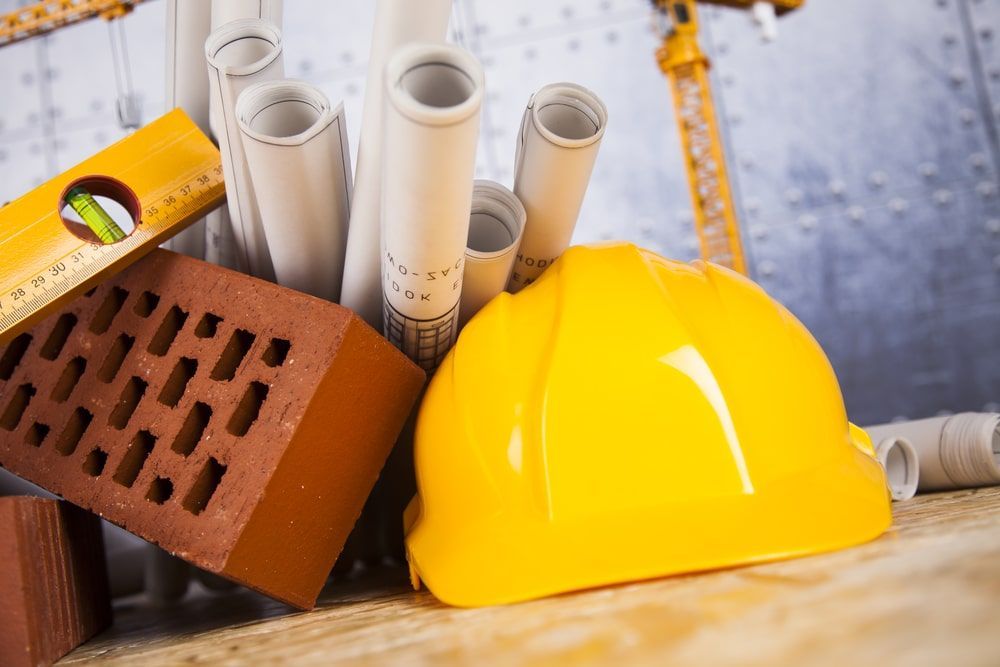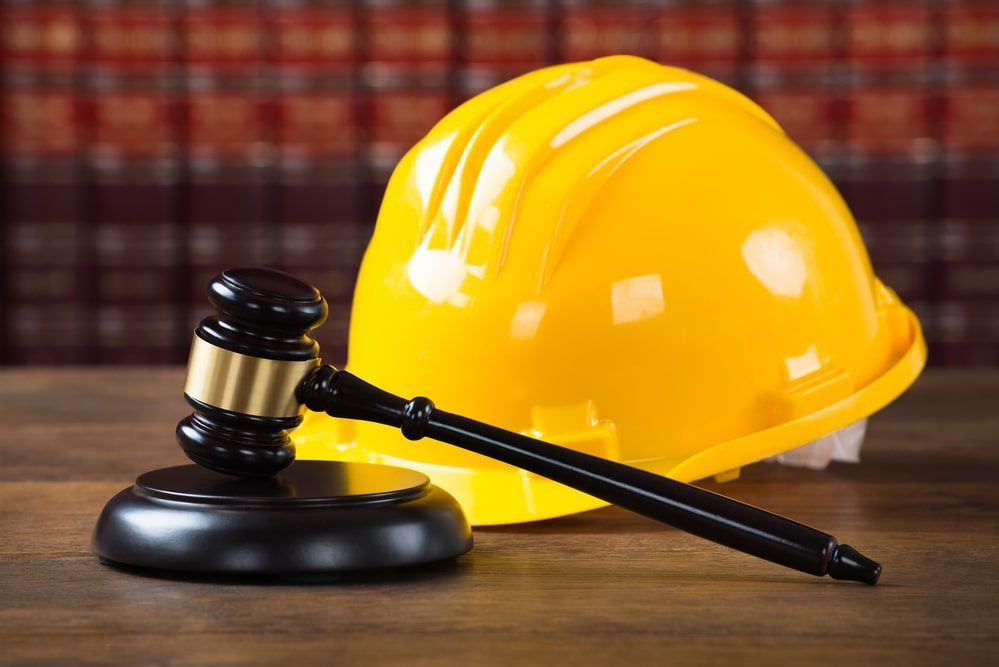What You Need to Know About Residential Construction Claims in Florida
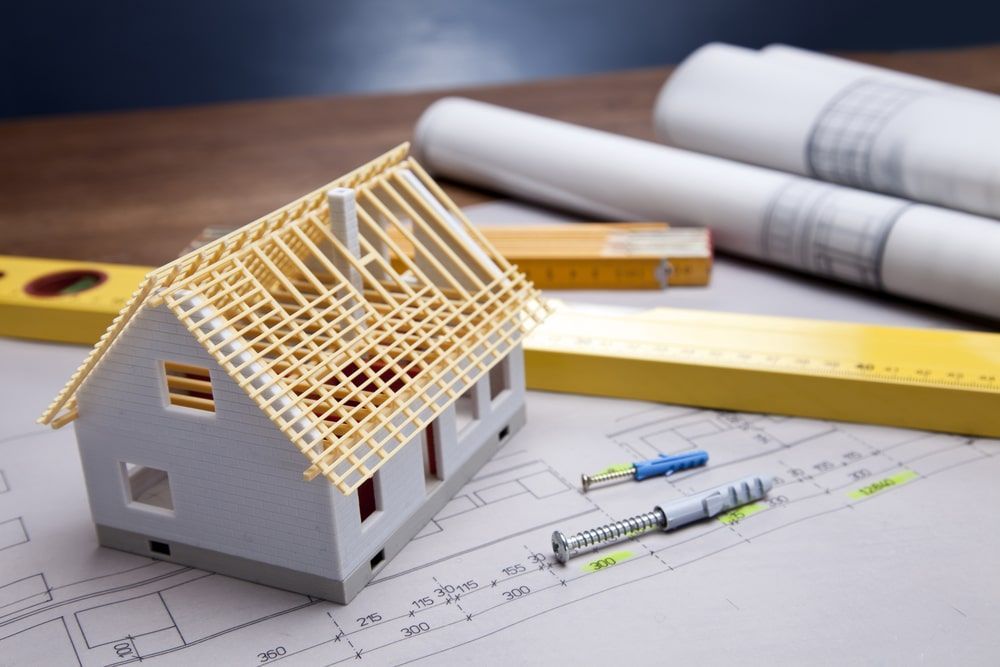
During residential construction projects in Florida, disputes of many types may arise. If these are not settled during initial discussions, homeowner claims against construction contractors can be imitated.
The claim is usually due to the party seeking compensation (or other relief) because of work that does not meet the terms of the contract they signed.
Structural defects and delayed completion are two of the most common reasons for residential construction claims by homeowners in Florida.
Whether you are a potential claimant or defendant, it’s important to understand your rights and obligations by consulting with a construction lawyer who is familiar with Florida’s complex construction laws. This can help outline your legal options before addressing the claim.
What are the most common types of residential construction claims in Florida?
Most residential construction claims originate from disputes between homeowners and contractors after a contract between the two parties has been signed and work has commenced.
The reasons for the claims are similar to commercial construction project claims. Sometimes, the contractor considers the work adequate and complete, but the homeowner doesn’t, or work is delayed, and the project passes pre-agreed timeframes, prompting a claim from the homeowner.
The most common types of claims in Florida are as follows:
Defective workmanship disputes arise from perceived substandard or faulty work from a contractor or builder during a construction project.
Generally, the homeowner claims that errors or omissions in the work have resulted in structural issues, safety concerns or other problems that impact the value of the building—and a general failure to meet the expected quality standards.
The onus is on the homeowner to demonstrate that the work performed by the contractor was substandard, sometimes requiring expert testimony from engineers, contractors or other professionals.
If either party fails to meet the obligations set out in the construction contract, the other party can claim breach of contract: another common reason for residential construction claims in Florida.
The most common types of contract breaches include the failure to perform a service, complete a project or make a payment. Generally, the claimant seeks damages from the defendant to cover their losses.
If a construction project takes longer than the agreed timeframe and delayed completion results, this can lead to a construction claim against the construction business because of the additional costs and inconvenience incurred by the homeowner.
In these claims, the onus is on the claimant to prove that the contractor is responsible for the delay, which is not always straightforward. Claimants may need the help of an experienced construction claim attorney to gather and present the necessary evidence, hold the responsible party accountable, negotiate a favorable outcome or litigate.
Licensed construction contractors and insurance
Any property owner embarking on a construction project should ensure that they hire a licensed construction contractor.
Firstly, to operate legally in the state of Florida, a construction contractor requires a license. This guarantees that they meet certain professional standards, providing some protection for those who hire them for sub-standard work.
Secondly, licensed contractors are required to carry insurance. This offers protection to the homeowner in the event of damage or other issues arising from the project—and provides settlement options for the contractor if a construction claim is filed against them.
How do you file a residential construction claim?
Filing a construction claim against a contractor doesn’t necessarily result in litigation. Most claims are settled out of court.
A qualified construction claim lawyer can help protect your interests and navigate the following series of steps, some or all of which may be necessary for a favorable solution:
- Notification: Notify the contractor of the issue in writing, outlining the problem and the desired resolution.
- Inspection: The contractor inspects the property, assesses the issue, and provides a written report outlining their findings and proposed solutions.
- Mediation: If the parties cannot agree, mediation is initiated, involving discussions between the homeowner and contractor facilitated by an independent third party.
- Arbitration: This is a more formal process utilized in cases where an independent third party is needed to decide on the issue.
- Litigation: If the previous steps don’t find a solution, litigation may be necessary, with a decision made in court by a judge or jury.
Statute of limitations for residential construction claims
A statute of limitations bars legal action after a specific period following injury/damage or the discovery of injury or damage.
Sometimes, breach of contract or delayed completion claims are filed immediately after the problem becomes evident. With other types of disputes, notably those involving defective work, the problems may not be immediately evident to the homeowner.
For residential construction claims in Florida, the statute of limitations is four years from the project’s completion date. A 10-year statute of repose has also traditionally been applied, absolutely barring legal action after 10 years regardless of when the personal injury or property damage occurs or is discovered.
However, these laws were reviewed in 2023.
Changes to construction statute of limitations in Florida
With the uptick in construction activity in Florida, the statute of limitation and repose laws were recently amended and apply to most claims filed on or after April 13, 2023.
The new law reduces the statute of repose from 10 years to seven years and also changes when the time to file the claim starts running.
Previously, the date of actual possession by the owner and the date of completion or termination of the design or construction contract were “triggering events” that started the clock ticking. The amended law now provides that the triggering event for the statute of limitations and statute of repose begins to run on the earliest of the following dates:
- The issuance of a temporary certificate of occupancy, certificate of occupancy or certificate of completion, or
- The date of abandonment of construction, if construction is not completed.
Any claim filed seven or more years after the occurrence of the above would not be accepted regardless of when the defective work was discovered unless the defect was hidden or concealed and was not discoverable by reasonable and customary inspection.
Residential construction disputes are complex, and a successful outcome is more likely with seasoned guidance from construction lawyers.
For the help you need, call Bennett Legal Group today at 407-734-4559 to arrange a free consultation. Alternatively, complete a short form and let us know the nature of your issue.
The post What You Need to Know About Residential Construction Claims in Florida appeared first on Bennett Legal Group, P.A..

